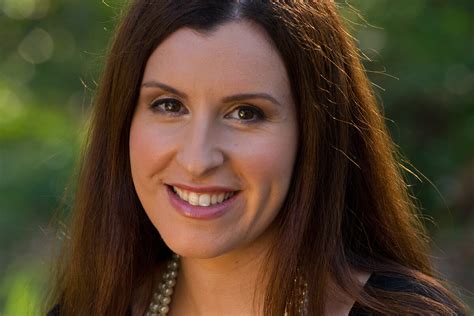A Quote by Ro Khanna
America should always stand for human rights and freedom, but not through endless military intervention.
Related Quotes
Since my election to Congress, I've always been interested in human rights. I really do believe that's America's strength. Yes, we have a strong military; yes, we have a strong economy. But what really makes America the unique nation it is, is that we speak up about human rights, and anti-corruption, and good governance, and democratic institutions. That's what America is known for. That's what inspires people around the world with U.S. leadership.
The growth of entrepreneurial classes throughout the world is an asset in the promotion of human rights and individual liberty, and it should be understood and used as such. Yet peace is the first and most important condition for continued prosperity and freedom. America's military power must be secure because the United States is the only guarantor of global peace and stability. The current neglect of America's armed forces threatens its ability to maintain peace.
Human rights and international criminal law both illustrate the contradictory potential of international law. On one level, the imposition of human rights norms is a restraint on interventionary diplomacy, especially if coupled with respect for the legal norm of self-determination. But on another level, the protection of human rights creates a pretext for intervention as given approval by the UN Security Council in the form of the R2P (responsibility to protect) norm, as used in the 2011 Libyan intervention. The same applies with international criminal accountability.
Let's not use the term democracy as a play on words which is what people commonly do, using human rights as a pretext. Those people that really violate human rights [the West] violate human rights from all perspectives. Typically on the subject of human rights regarding the nations from the south and Cuba they say, "They are not democratic societies, they do not respect human rights, and they do not respect freedom of speech".
With my human rights advocacy, that's always been through my writing. I've always tried to write articles and contribute to journals and a lot of online journals - about human rights, especially Palestinian human rights. I find the time to do things to do things I'm passionate about, because I find enjoyment in them. I just have to juggle.
Hoping to garner the support of the American people, proponents of regime-change wars routinely cite humanitarian concerns to justify military intervention in foreign countries. But here is the reality: As a direct result of our intervention in Iraq and the overthrow of Saddam Hussein, human suffering increased dramatically.
































